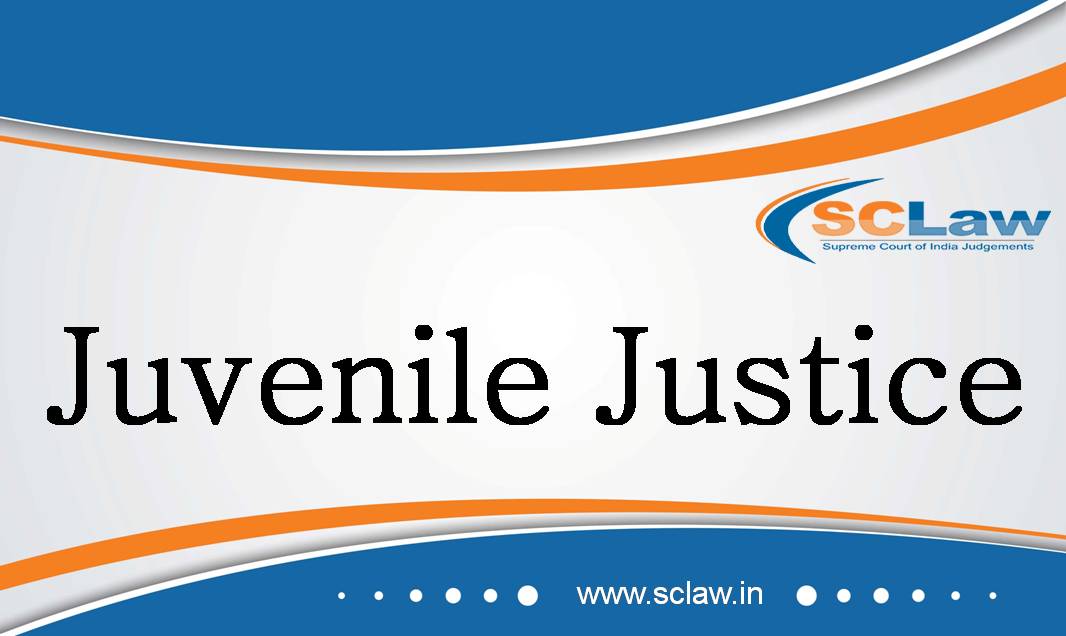Evidence Act, 1872 — Section 8 — Conduct of accused leading to discovery of facts — Even if statements leading to discovery are not admissible under Section 27 due to lack of custody, they can be admitted under Section 8 as conduct, serving as a link in the chain of evidence, but cannot alone result in conviction.
2026 INSC 162 SUPREME COURT OF INDIA DIVISION BENCH ROHIT JANGDE Vs. THE STATE OF CHHATTISGARH ( Before : Sanjay Kumar and K. Vinod Chandran, JJ. ) Criminal Appeal No.689…


